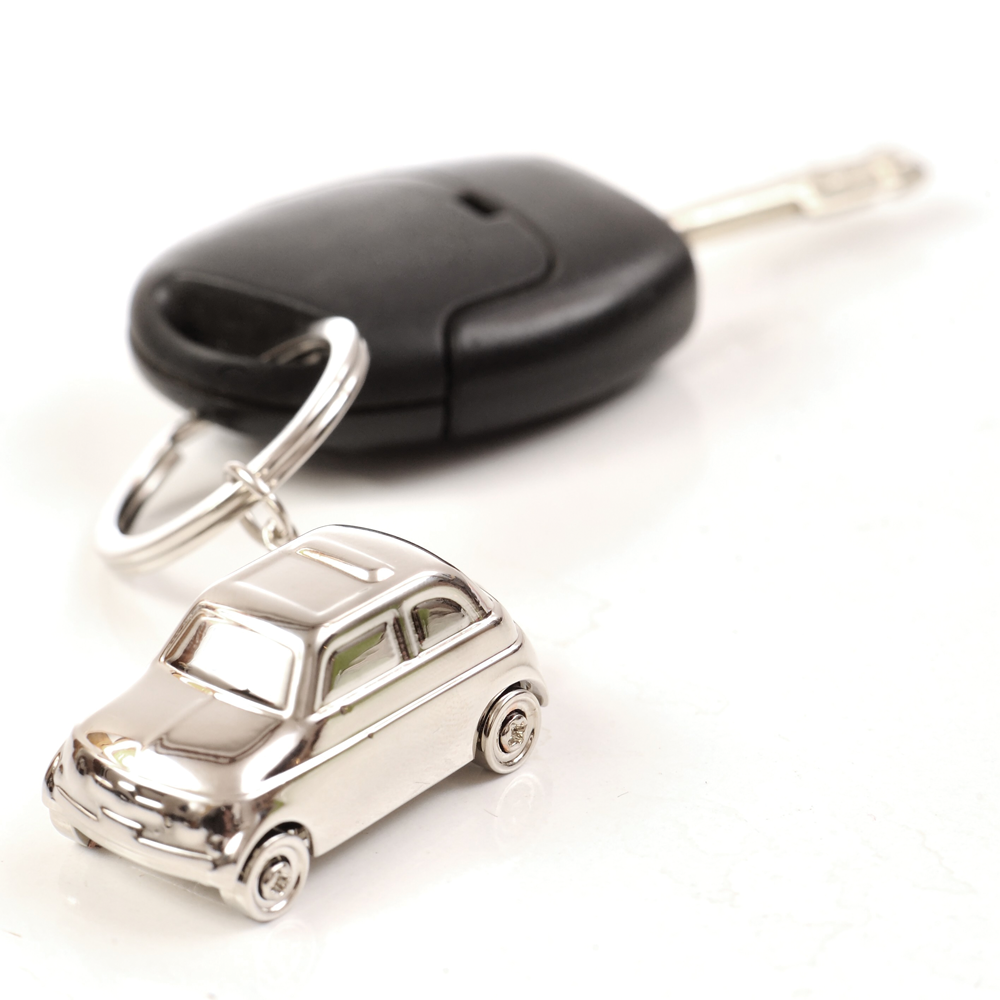News
Death bed gifts: are they valid?

In the last moments of a loved one’s life, they may say they want you to have their worldly goods. But are such death bed gifts valid in the eyes of the law?
People are constantly reminded about the importance of writing a will so their wishes are met in respect of the distribution of their goods and estate upon death.
While death bed gifts may be consigned to the history books as will writing becomes the norm, for now it is important to note that death giveaways are valid, subject to meeting certain criteria.
But Vlad Macdonald-Munteanu, a solicitor in the contested wills, trusts and estates team at Hugh James, says courts are clamping down on allowing them.
In order for a death bed gift or ‘donatio mortis causa’ to be valid, it must meet these three strict requirements:
1) The gift must be made in contemplation, although not necessarily in expectation, of impending death. This is usually meant to mean death within a few days.
2) The gift must be made on the condition that it is to be absolute and perfected only on the donor’s death, being revocable until that event occurs and ineffective if it does not. This means it must be made with the purpose that it is a gift effective on death. If someone asks you to give an item to someone else, you are merely looking after the item, so a claim in this instance won’t be valid. Similarly, if the person making the gift recovers from their illness then the gift is revoked.
3) There must be a handing over of the subject matter of the gift (or the essential indication of its title) to the intended recipient. The act of handing over a diamond ring for instance shows the physical side of the gift, proving ownership. If a person hands you the keys to their safe with the intention that you should have the contents, that can also be a valid death bed gift.
Macdonald-Munteanu explains: “When it comes to property, it can be much harder for a court to find in favour of a home being bequeathed on the death bed.
“This is because death bed gifts of property traditionally require handing over deeds which are fast being phased out with the rise in compulsory registration of properties with the Land Registry.”
The solicitor also points out that the evidence required before a court will uphold such a gift as valid is based on the civil standard of proof, namely the “balance of probabilities”. Evidence that the recipient has the gift in question, from third parties corroborating words exchanged and any other proof of intention may also help the claim.
Mental capacity and the existence of a will
In one recent case Keeling v Keeling, a brother claimed his widowed sister, Ellen, gifted him and his wife Doreen, her unregistered property after handing him the deeds of the house along with the keys.
The sister died intestate (without a will) and after, the brother Stephen transferred the property into his and his wife’s name. However, beneficiaries of the estate claimed Ellen had told them “over her dead body” would Stephen get her house.
Ellen had undergone a capacity assessment by a consultant who had concluded she lacked capacity to manage her property and affairs and the court found there were other inconsistencies with Stephen’s account.
The high court judge found that the deeds were in fact given to Stephen for safe keeping as he handed the deeds to his deceased sister’s solicitors, failing to indicate a gift had been made.
“The Keeling v Keeling case highlights the danger of death bed gifts as essentially it enables people to bypass the safeguards of law. Section 9 of the Wills Act 1837 states that a will must be in writing and witnessed by two people to dispose of the estate upon death. But death bed gifts, oral expressions of your wishes, effectively override that safeguard,” Macdonald-Munteanu says.
He adds: “Section 52 of the Law of Property Act 1925 states that for a transfer of property to be valid it must be made by deed and a death bed gift of property, if valid, overrides that. People can bring death bed gift claims but increasingly, the courts are loath to find in favour of them and see this as a legal remedy that should be consigned to the history books.”
However, even if a will is in place, a subsequent death bed gift would take precedence. In the case of a person dying intestate, again the archaic death bed gift claim would prevail.
As seen in the Keeling v Keeling case, a person must be of sound mind to make a death bed gift.
Macdonald-Munteanu says: “While a will must meet mental capacity standards by reference to the 1870 case of Banks v Goodfellow, it is generally accepted that the test for capacity to make a valid death bed gift, which is essentially a combination of a lifetime and testamentary gift, is by reference to statute, namely the Mental Capacity Act 2005.”